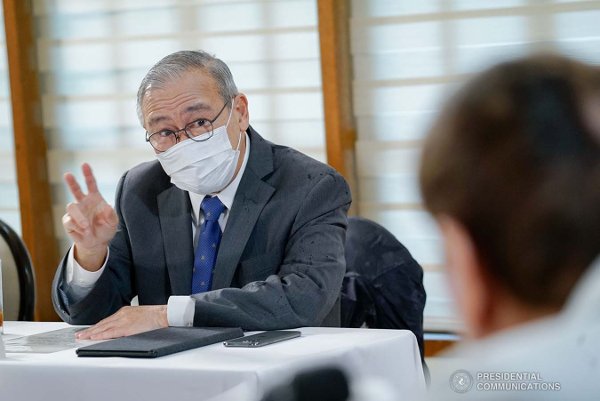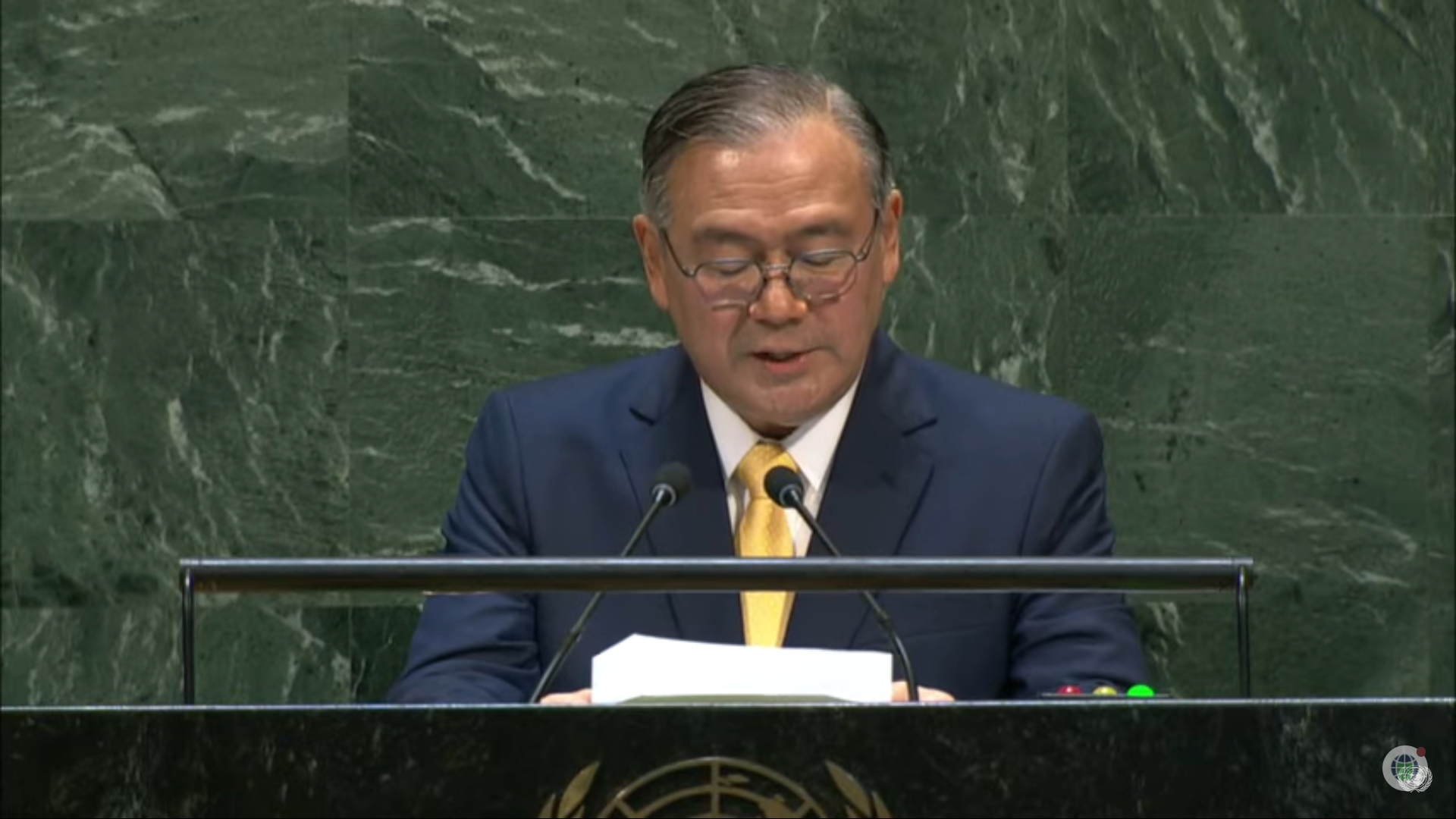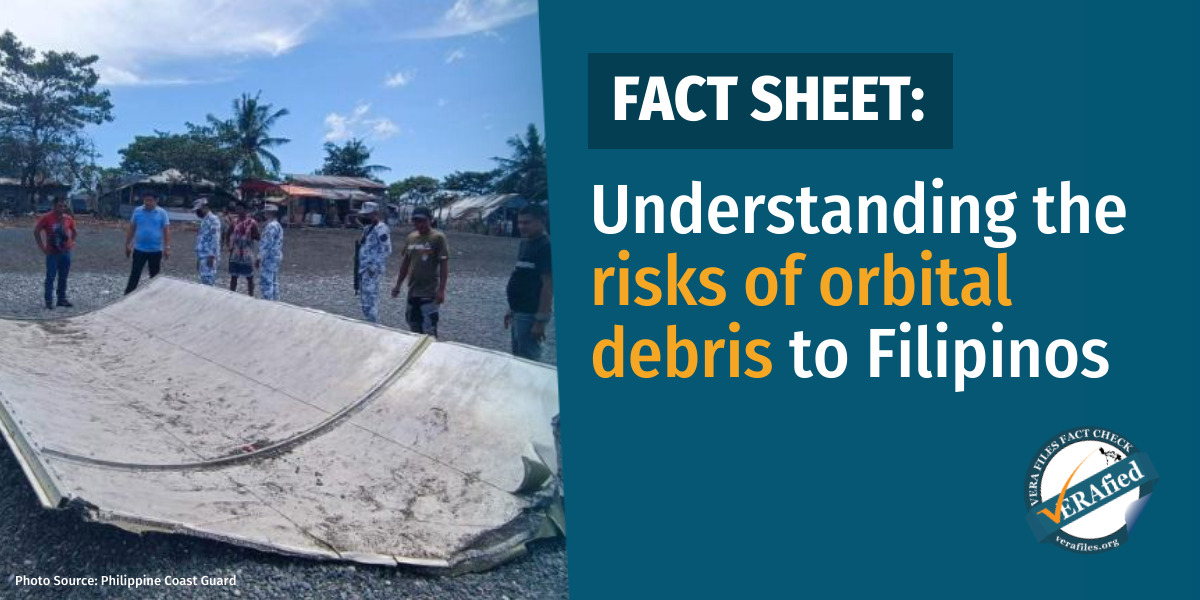In just two days, Foreign Affairs Secretary Teodoro Locsin Jr. went from saying the passage of China’s new coast guard law — which allows it to fire on foreign vessels in China-claimed maritime areas — was “none of our business,” to calling it a “verbal threat of war” to those who will violate it.
STATEMENT
On Jan. 25, Locsin tweeted a reaction to a GMA News Online article that quoted opposition Sen. Risa Hontiveros calling China’s new policy a “very negative development” in the context of disputed areas in the West Philippine Sea.
A part of the secretary’s tweet said:
“It’s none of our business; it is China’s business what law it passes; so please a little self-restraint. I devised a visa rubber stamp that stamps most of the South China Sea and parts of North Borneo as our national territory and no one has complained.”
Source: Teodoro Locsin Jr. official Twitter account, “It’s none of our business…,” Jan. 25, 2021
FLIP-FLOP
Two days later, Locsin reversed his stance, announcing that, “after reflection,” he had already “fired a diplomatic protest” on the matter.
The rest of his Jan. 27 tweet, which carried his earlier statement, read:
“While enacting law is a sovereign prerogative, this one — given the area involved or for that matter the open South China Sea — is a verbal threat of war to any country that defies the law; which, if left unchallenged, is submission to it.”
Source: Teodoro Locsin Jr. official Twitter account, “After reflection I fired a diplomatic protest…,” Jan. 27, 2021
Article 22 of the Maritime Police Law of the People’s Republic of China — adopted by the Standing Committee of China’s 13th National People’s Congress on Jan. 22 — translated in English using Google Translate, reads:
“When national sovereignty, sovereign rights, and jurisdiction are being illegally infringed by foreign organizations and individuals at sea, or are facing an imminent danger of illegal infringement, the maritime police agency has the right to take measures including: Use all necessary measures, including weapons, to stop the infringement and eliminate danger.”
Source: Xinhua News Agency, Maritime Police Law of the People’s Republic of China, Jan. 23, 2021 (see archived version)
In force starting Feb. 1, the law also empowers its coast guard to “order … foreign organizations and individuals” to stop constructing or to demolish within a time limit buildings and other structures in islands and maritime areas “under [China’s] jurisdiction” without approval.
“For those who refuse to stop illegal activities or do not demolish within the time limit, the maritime police agency has the right to stop or force the demolition,” it added.
“In short,” said retired Supreme Court Associate Justice Antonio Carpio in his Jan. 28 column on Inquirer.net, “the new law enforces by armed might and deadly force China’s claim of ownership to all the geologic features, fish, oil, gas and other mineral resources to 85.7[%] of the South China Sea.”
China has continued to assert its nine-dash-line claim on almost the entire South China Sea — including maritime zones of the Philippines, Vietnam, Malaysia, Brunei, and Taiwan — despite the 2016 ruling of the Permanent Court of Arbitration (PCA) that said the claim had “no legal basis.” (See PH wins: Arbitral court invalidates China’s 9-dash line)
Citing the United Nations (UN) charter, Carpio, who played a crucial role in the Philippines’ arbitral victory against China at the PCA in the Hague on the South China Sea dispute, said China’s new coast guard legislation “clearly violates international law.”
Under the UN charter, member states who become party to any dispute must, “first of all, seek a solution by negotiation, enquiry, mediation, conciliation, arbitration, judicial settlement, resort to regional agencies or arrangements, or other peaceful means of their own choice.”
“A state is authorized to use armed force only in self-defense against armed attack by another state. Outside of self-defense, the use of armed force is allowed only if authorized by the UN Security Council to maintain international peace and security,” the former justice said.
Presidential Spokesperson Harry Roque, in his Jan. 28 briefing, said the Palace “welcome[s]” the diplomatic protest filed by the Department of Foreign Affairs, adding:
“…this will prove that the Philippines is fully committed to the rule of law and will assert all its rights available under existing principles of international law to defend its interests.”
Source: Presidential Communications Operations Office, Press Briefing of Presidential Spokesperson Harry Roque, Jan. 28, 2021, watch from 40:54 to 41:14
Sources
Teodoro Locsin Jr. official Twitter account, “It’s none of our business…,” Jan. 25, 2021
Teodoro Locsin Jr. official Twitter account, “After reflection I fired a diplomatic protest…,” Jan. 27, 2021
Xinhua News Agency, Maritime Police Law of the People’s Republic of China, Jan. 23, 2021 (see archived version)
The National People’s Congress of the People’s Republic of China, Functions and Powers of the Standing Committee, Accessed Feb. 2, 2021
The National People’s Congress of the People’s Republic of China, Order of the President of the People’s Republic of China, Jan. 22, 2021
Inquirer.net, China unleashes another deadly virus, Jan. 28, 2021
Permanent Court of Arbitration, AWARD: IN THE MATTER OF THE SOUTH CHINA SEA ARBITRATION, July 12, 2016
Permanent Court of Arbitration, PRESS RELEASE: THE SOUTH CHINA SEA ARBITRATION, July 12, 2016
United Nations, Charter of the United Nations: Chapter VI: Pacific Settlement of Disputes, Accessed Feb. 1, 2021
Presidential Communications Operations Office, Press Briefing of Presidential Spokesperson Harry Roque, Jan. 28, 2021
(Guided by the code of principles of the International Fact-Checking Network at Poynter, VERA Files tracks the false claims, flip-flops, misleading statements of public officials and figures, and debunks them with factual evidence. Find out more about this initiative and our methodology.)



